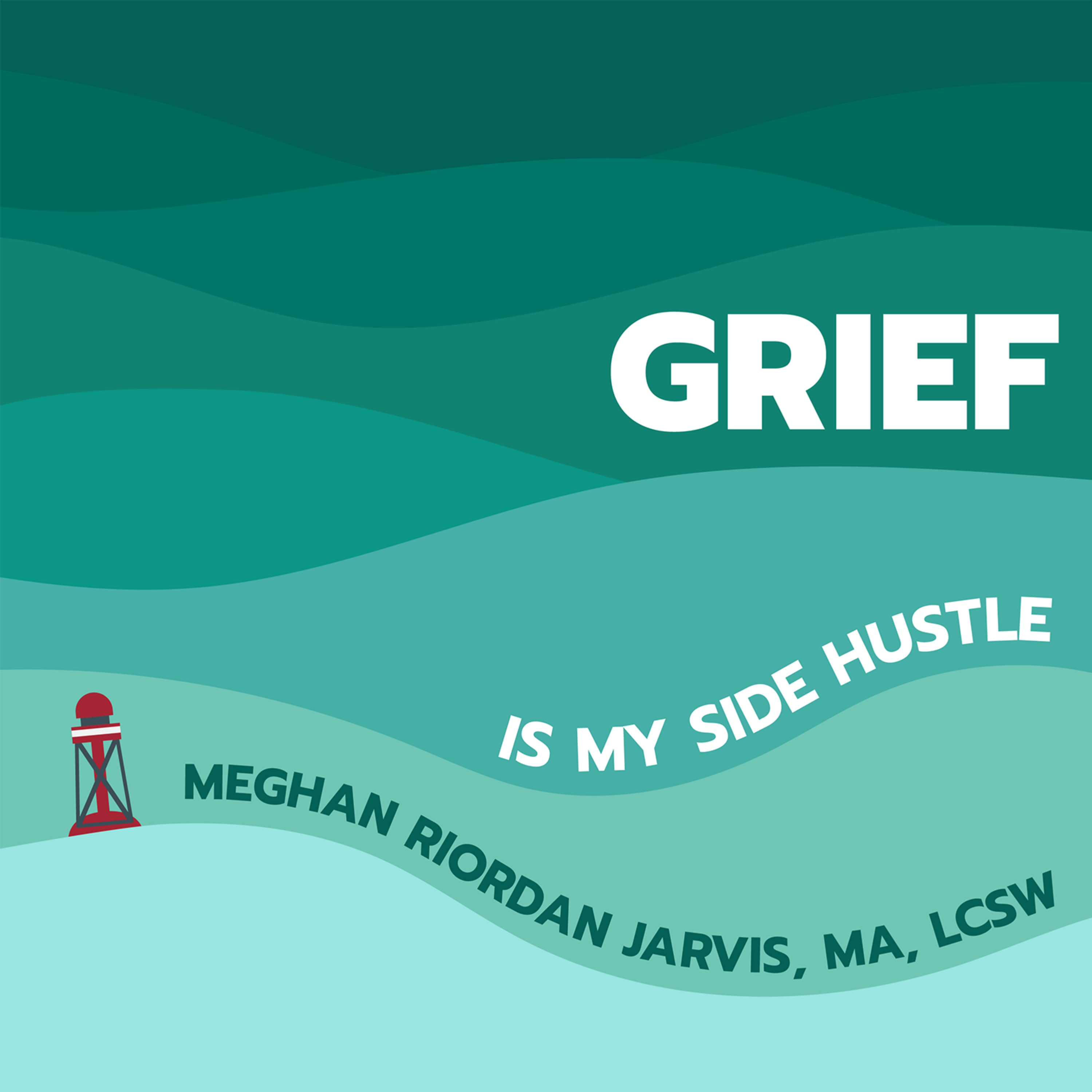We can't find the internet
Attempting to reconnect
Something went wrong!
Attempting to reconnect
Tracey Schors, PhD: How the Brain and Body Drive feelings and Behavior

Access AI content by logging in
In Everyday Trauma, neuroscientist Dr. Tracey Shors examines trauma with a focus on its pervasive nature—how it can happen at any time, through big or small events, and how it often reappears in the form of encoded memory. Her research reveals that when we are reminded of our trauma, reliving that tragic moment copies yet another memory of it in our brain, making it that much more difficult to forget. Dr. Shors also explores the neuroscience behind why women in particular are more vulnerable to stress and traumatic events, setting them up to be three times more likely than men to suffer PTSD.With potential long-term consequences such as addiction, anxiety, depression, and PTSD, trauma can have a lasting impact on both the brain and body. Dr. Shors illuminates the effective tools that can reduce the repetitive thoughts that reinforce our traumas, including cognitive-based therapies and trauma-informed care such as her own groundbreaking program, a combination of mental and physical training called MAP Training.
https://sites.rutgers.edu/tracey-shors/about/